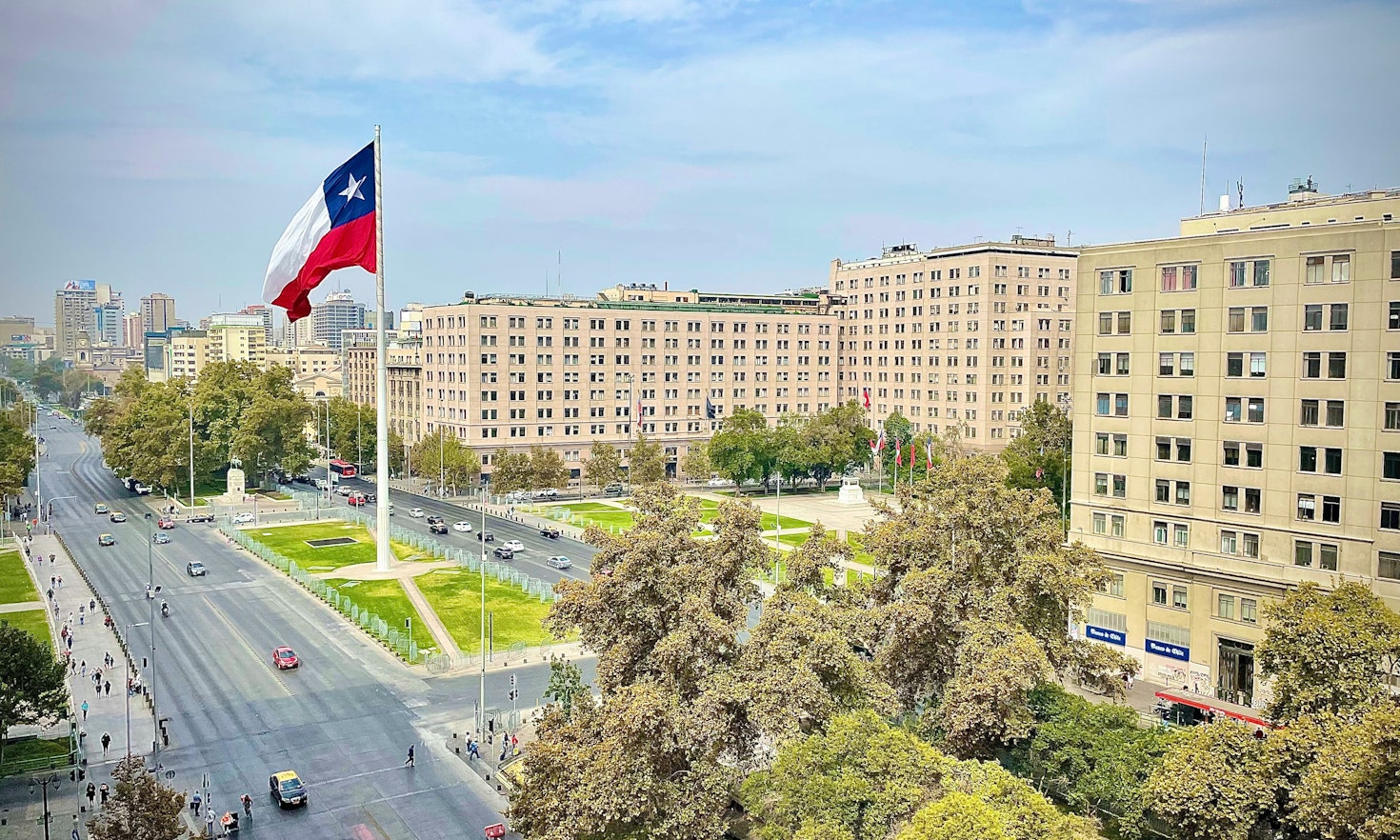
Hate speech and fake news in Trentino-South Tyrol: an underestimated phenomenon?



On 17 December 2023, Chilean citizens were called to the polls to decide the fate of their Constitution, again. This was not the first vote on the Constitution, but rather the second, in the past two years. The roots of this turbulent journey go back to 2019, to the so-called estallido social, when citizens rose up against the political, economic and social system that had solified as a result of the Pinochet regime in 1980.
Although it may seem paradoxical, with the fall of the Pinochet regime, dictatorial oppression continued to present itself in more subtle ways, hiding in the folds of Chile’s newborn democracy. The dissolution of the most concerning pockets of poverty and unemployment hid the profound inequalities between social classes. It was Pinochet’s Constitution itself that ensured the liberal economic systems and crucial power to the rightwing parties and armed forces. In this way, the transition to democracy did not prove strong enough to avoid the perpetuation of the past and got crystallized by the provisions of the constitutional text at the time. Such a legacy was hard to overcome, despite several significant amendments to the Constitution. General Pinochet’s signature was removed from the constitutional charter in 2005 for the purpose of re-democratization, being replaced by the one of the President Ricardo Lagos Escobar. t is therefore understandable why calling for further amendments was felt to be extremely urgent.
The Constitution represents the fundamental and final decision on the political structure of a State and is not a just a mere text: it identifies who owns the power, how it is managed and how it affects the citizens. In 2019, Chileans claimed to not feel represented by the forced and anachronistic Western concept of “We the people”. This affirmation is nothing more than a dead letter in contexts where people do not know or recognize themselves in situations of ethnic and social homogeneity and unity. A systematic oppression born within and with the favor of the 1980’s Constitution cut out “historically excluded” demographics such as women, indigenous people, disabled individuals and children from the political power and agenda. Without political representation, group-based claims expressed by oppressed minorities and minoritized groups could hardly be raised.
The noteworthy feature of this constitution making process concerns the allocation and management of constituent power. Citizens were given numerous tools to interact with the Constituent Convention, which was also chosen according to highly inclusive and representative population-based criteria whereby particular attention to gender equality and the presence of indigenous peoples was paid.
An innovative and useful tool included in the Regulations of Popular Participation was the Inciativas Populares de Norma (IPN) which could be used as a thermometer to assess whether the Convention’s sensibilities and policy directions merged with the preferences of the population.
Through these mechanisms of popular participation, one person, or a group of people, could submit up to seven proposals for constitutional rule on an issue of the same nature to the Convention. Once the proposal had passed the formal and content checks it was then published on the Plataforma Digital de Participacion Popular, where it had be signed by 15,000 people or more to be discussed by the Convention’s subject related committee. These signatures had to come from individuals from at least four different regions. This way, the legislative initiatives forwarded by the population had the same nature and relevance as those in the Constituent Convention.
The depositor’s proposals accounted for 5,457 individuals or 89.3 per cent of the initiatives.
Female participation was significantly higher than male: of the 980,332 people who joined the process, 47.8 per cent were women, 39.9 per cent men. The most significant age group was between 25 and 35. The data shows a high involvement of minorities that are usually left aside in the decision-making panorama. Direct participation of citizens allowed to take action and determine the political agenda.
This outcome should be read in parallel with the number and content of IPNs uploaded in the Plataforma Digital system. This amounted to 6,114, of which only 78 reached the required 15,000 signatures needed to be presented and debated in the Convention. Of these, 12 initiatives were included in the draft Constitution. For the most part, the content concerns a direct relationship with social rights: from recognition to a life free from violence for women and children and extends to more protected rights to healthcare, which included the right to an accessible and safe abortion. In addition, many references have been addressed to environmental issues and management. In the 2022 Constitution draft, nature would have been considered in every way a sujeto de derechos, aligning with the Constitutions of Bolivia and Ecuador. However, the draft was not passed. The issues raised thanks to IPNs, regardless of their transcription in the draft Constitution, mirrored the desire for a decisive shift in the agenda of political priorities, especially in terms of institutional modernization.
The contents drafted by the Convention matched and sometimes even surpassed the feelings and prerogatives of the population. Significant space was also reserved for the participatory dimension. Participatory democracy was not relegated to a merely instrumental role in that specific constituent process, but was fully integrated as form of government.
A vast amount of trust was placed on the potential of digital media, understood as useful means for promoting and ensuring citizen participation and deliberation when it comes to managing and administrating public interests. An entire article (121) of the submitted draft was devoted to citizen participation on digital platforms. There has been an expansion of the purposes for which technology can be used, while still respecting democratic guarantees: this is also indicative of Chilean society’s enthusiasm for the future.
On 4 September 2022 plebiscite, despite the degree of participation in the constitutional process, 62 per cent of voters rejected the Constitution draft. Many academics and analysts tried to understand what reasons might have informed this choice, given its dissonance with the premises of the constitutional process. Fingers were pointed at partisan media campaigns, often reporting fake news. The compulsory vote was also blamed for the polarization of public opinion not on the merits of the draft but on the Prime minister and his government, that supported the constitutional process since the beginning. Regardless of the outcome of the vote, it is important to remember the impact that this new kind of constitution-making process has generated: it gave back a voice to those sociocultural groups that felt unrepresented and provided a set of innovative tools aimed at recognition, inclusion and self-determination for all. Ultimately, it empowered citizens to not only fulfill their own needs, but to express a desire about their futures.

This content is licensed under a Creative Commons Attribution 4.0 International license except for third-party materials or where otherwise noted.